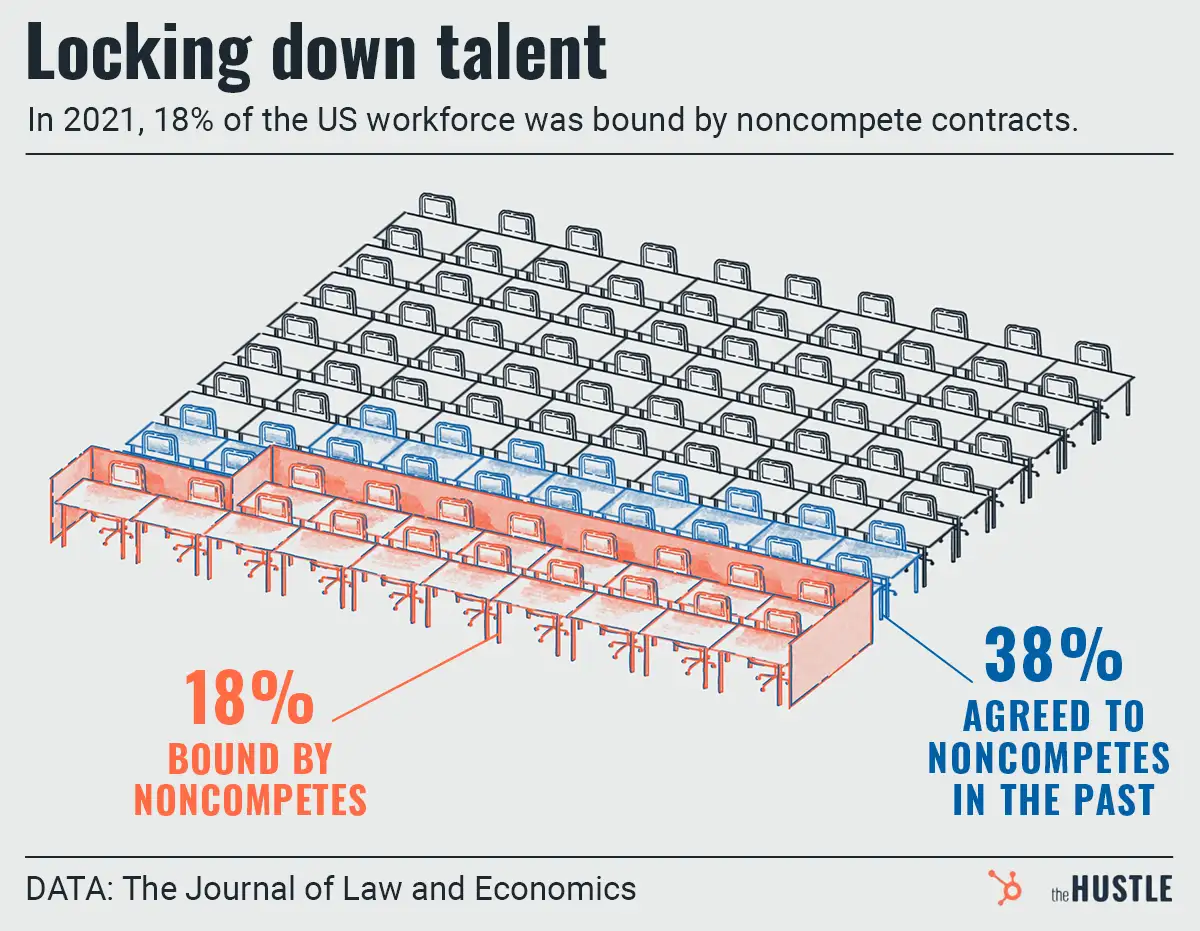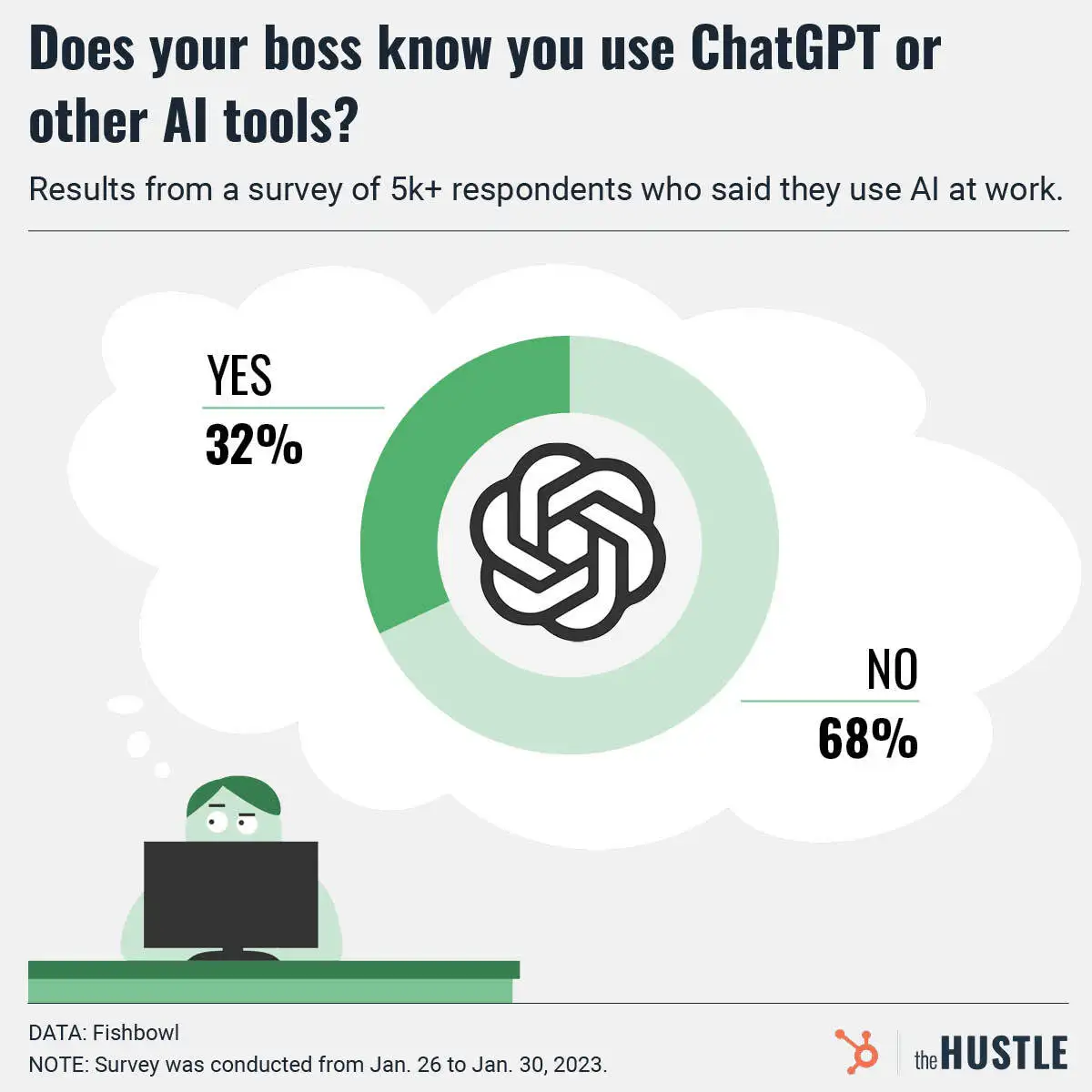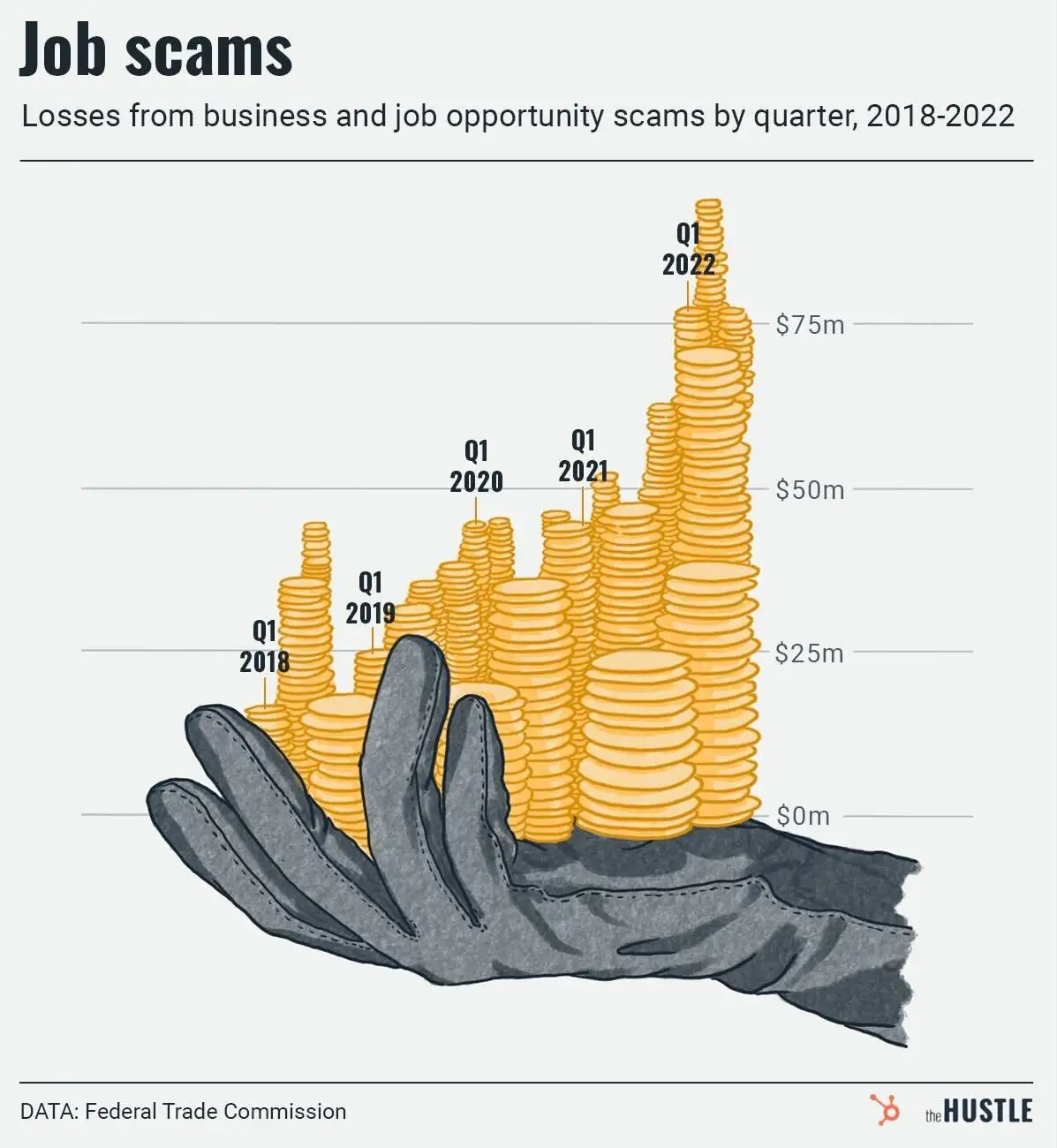I had a surly manager at a diner who used to love to say, “If there’s time to lean, there’s time to clean.”

Yeah, no one liked him.
But the tech industry may be suffering from the opposite problem. Is the real story behind “fake work” — i.e., the output of well-paid tech workers who do nothing all day — actually “lazy management”?
Working hard, or hardly working?
Insider spoke to a former Amazon research scientist who earned $300k+/year doing squat. Vox reported on a man in fintech who spends most of his day on naps, housework, and TV.
Both were down to work, but no one gave them anything to do.
Why not ask for more? In 2023 alone, 216k+ tech workers have been laid off as the pandemic’s everything-online era has cooled. People aren’t exactly keen to announce there’s not enough work for their position.
Why does this happen?
Sometimes, it’s the ebb and flow of projects and seasons. But often, it’s not workers slacking but managers not managing efficiently — and there are a lot of reasons for that.
If they’re overworked, maybe they don’t notice. Maybe they dislike confrontation. Maybe they’re promotion-driven, boosting head counts without offering guidance or producing results.
In some cases, there may be too few managers; in others, too many, gumming up progress.
Why is this a problem?
Getting paid to do nothing sounds great, but it can be harmful:
- Sidelined employees struggle to develop their careers, missing promotions, awards, and other milestones. They also face layoffs.
- Meanwhile, resentment can build among overworked employees.
What can be done?
Experts say restructuring can help, but it’s also about shifting a company’s culture — e.g., aligning incentives with goals, increasing transparency and communication, and properly defining roles.
And, ahem, maybe not always blaming workers.
Fun fact: The Trainee is a documentary in which performance artist Pilvi Takala does nothing in Deloitte’s marketing department for a month.










